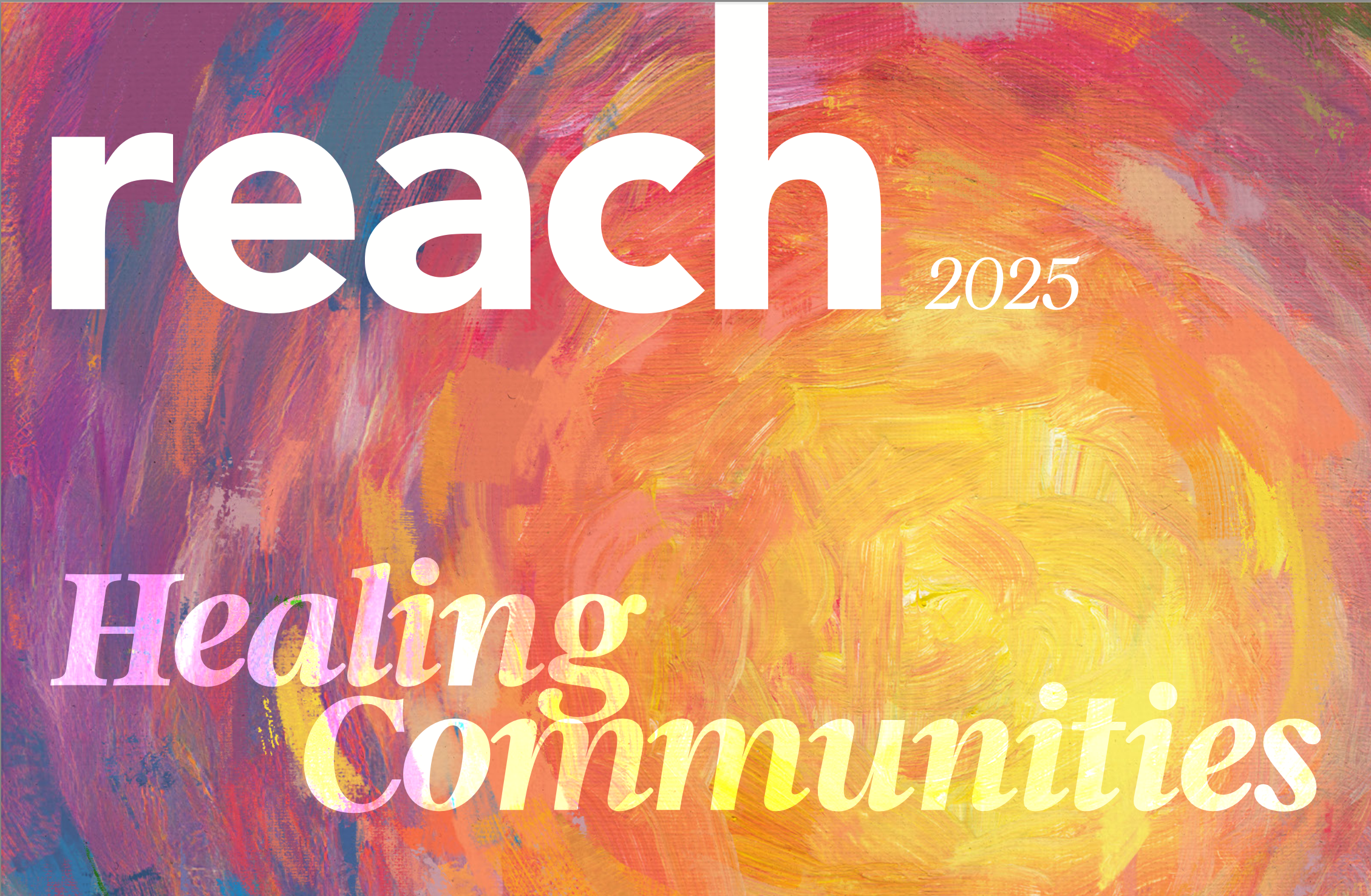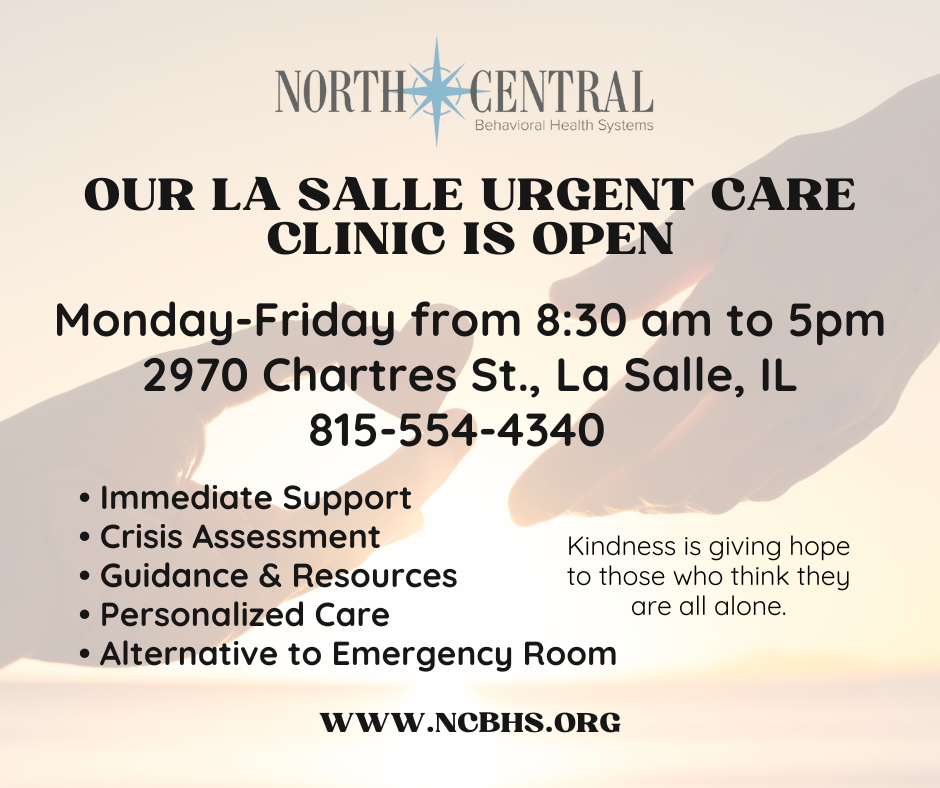Depression is an emotional state typically marked by feelings of sadness, feelings of worthlessness, hopelessness, and helplessness, guilt, withdrawal from others, a change in appetite and/or sleep, and a loss in the interest and pleasure of usual activities. Just as most of us experience occasional anxiety, so too, do we experience sadness during the course of our lives. Depression is often associated with other psychological problems such as anxiety and substance use.
Paying attention can be exhausting for someone who is depressed. They can not easily take in what they read or what people say to them. People who are depressed may speak slowly, use very few words, and use a very low, monotonous voice. People who are depressed prefer to sit alone and remain silent. Problem-solving is very difficult for those who are depressed. Every moment may carry with it great heaviness, and the individuals head will fill and reverberate with self-recriminations.
Anxiety will often accompany symptoms of depression as will depression accompany feelings of anxiety. Individuals who are suffering from anxiety will describe feelings of apprehension and fear that are often pervasive, persistent, and uncontrollable. People who are anxious will worry constantly, feel generally on edge and are easily tired. Individuals suffering from anxiety are restless, easily fatigued, have difficulty concentrating, are irritable, will experience muscle tension, and will find some disturbance in their sleep.
Treatment for depression and anxiety is available and has been shown to be very effective at reducing the various symptoms. Treatment comes in the form of “talk” therapy or counseling and also through brief episodes of being prescribed anti-depressant and/or anti-anxiety medications. Therapy can be delivered through traditional face-to-face means of through more novel internet-based solutions. However if it is delivered to the individual who is suffering from depression and/or anxiety, recovery is certainly possible.


